June 2021

June 2021
Yeol Eum Son is Korea’s best-known pianist, the youngest director of ‘Music in PyeongChang’, a judge for the Ferruccio Busoni International Piano Competition, as well as an emcee, columnist, and writer. Son has stunned audiences around the world with her passionate performances. Since ‘Music in PyeongChang’ and a series of recitals this year, Son is preparing for concerts in Sweden and Portugal, among other enticing projects.
Written by
Yu Pureum
Photo courtesy of
Pie plans
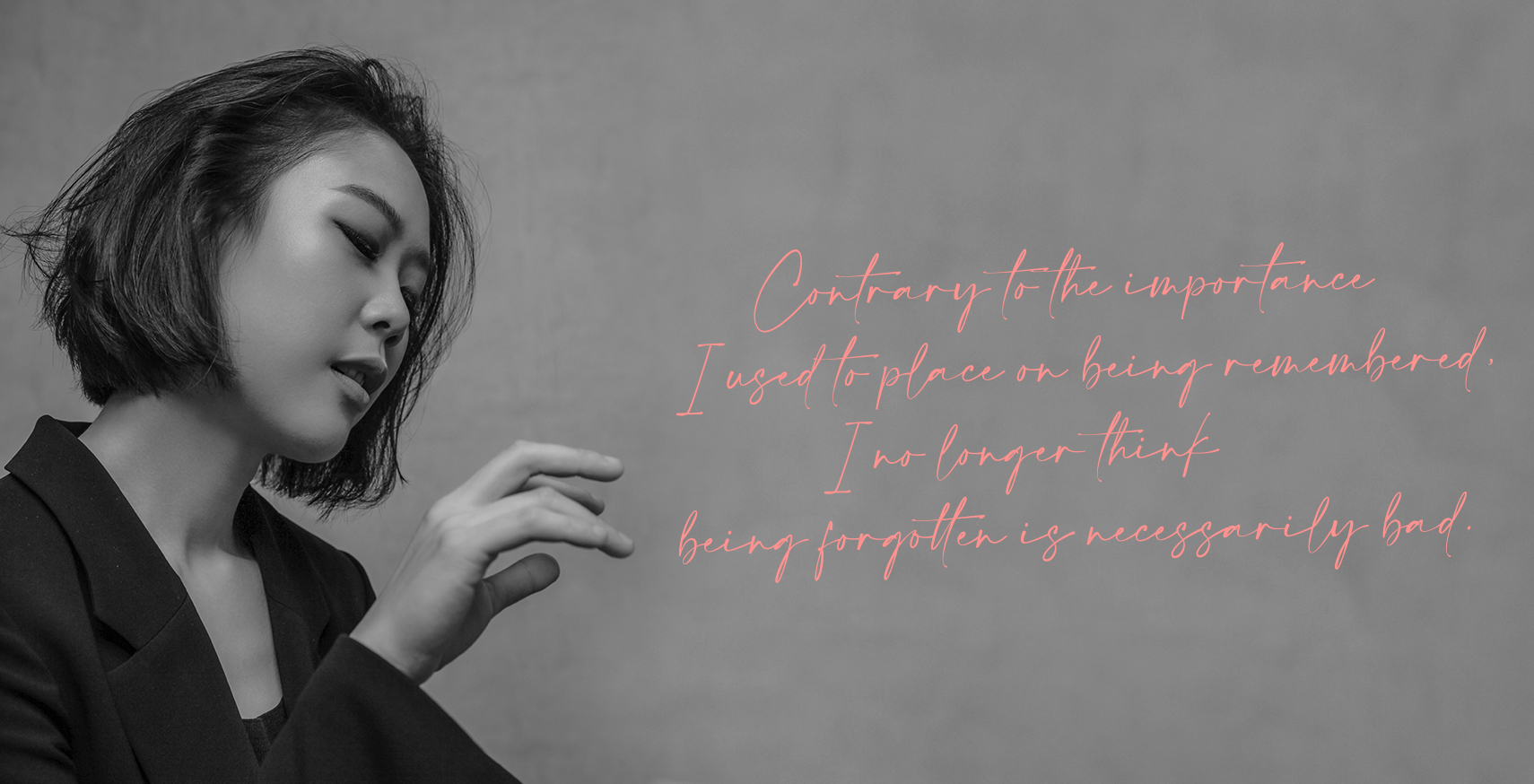
Yeol Eum Son started learning the piano at the age of five. In 1997, while still in the fifth grade, she became the youngest person to win second place at the International Tchaikovsky Competition for Young Musicians. The next year, she made her musical debut as the first performer in the Kumho Prodigy Concert Series.
Son went on to become the youngest person to take first place at the Oberlin International Piano Competition in 1999, the Ettlingen International Competition for Young Pianists in 2000, and the Viotti International Music Competition in 2002. Her second place finish at the 14th International Tchaikovsky Competition in 2011 made Son one of Korea’s preeminent pianists.
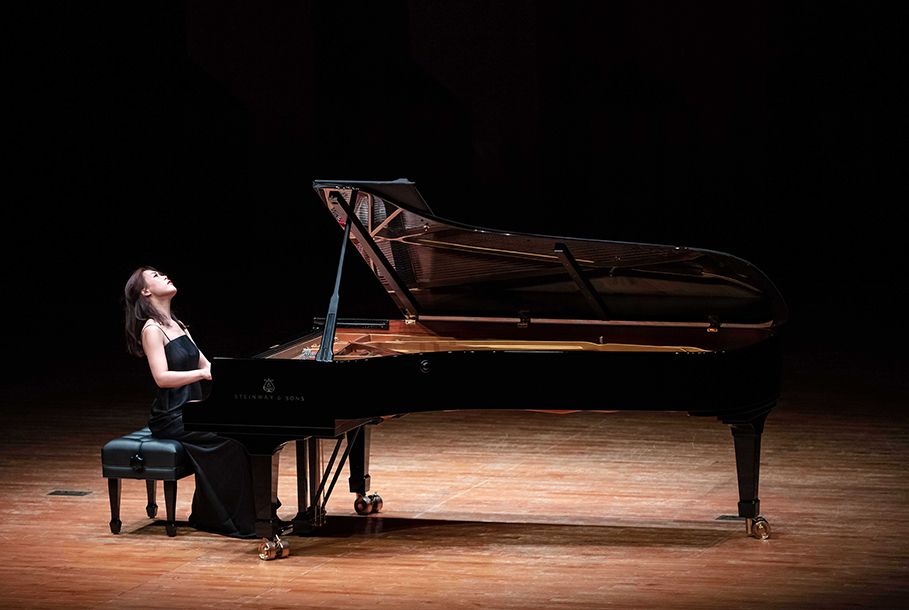 Son’s first domestic recital tour in four years (2020) attracted
Son’s first domestic recital tour in four years (2020) attracted
a great number
of audiences wanting to hear her play.
The concert proceeded
under appropriate measures
of caution against the coronavirus. © CREDIA
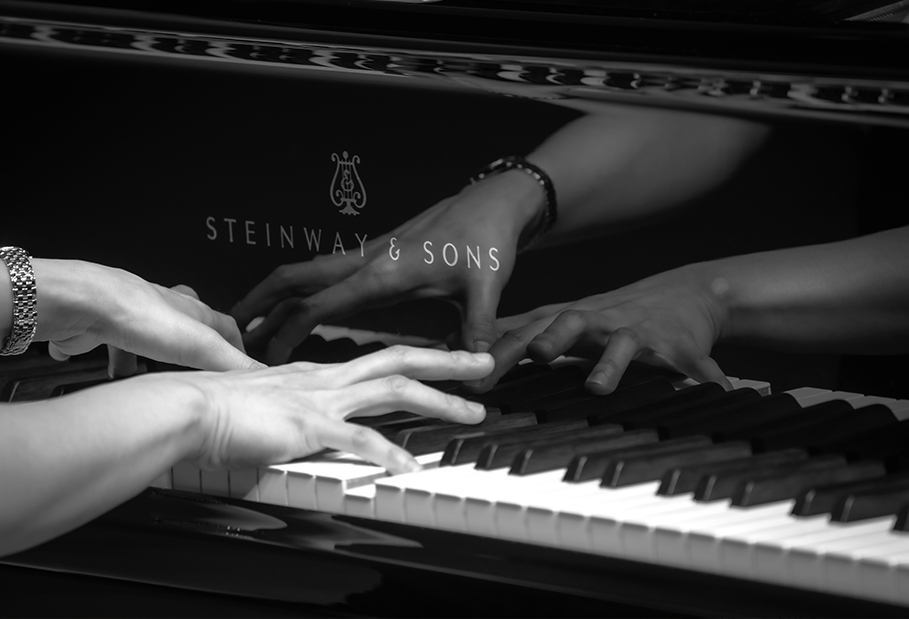 There were plenty of reasons she could’ve given up, but her innate sense of determination and
There were plenty of reasons she could’ve given up, but her innate sense of determination and
obligation to set an exemplar placed her on a firm mission-oriented track.
But Son’s awards only tell half the story. She recently launched her own YouTube channel, and she also appears on television programs for public outreach. Through the more intimate video (YouTube) medium, she even plays with multiple formats like vlogs, what's-in-my-bag, and Q&A sessions for her viewers to enjoy. Such active experimentation sets her apart from many classical pianists who only communicate through their concerts.
Though Son has been quick to reach a media audience through YouTube, writing, and TV, the piano remains her most powerful tool of communication.
“I feel incredibly lucky that, as an instrumentalist, I can perform anywhere in the world. That’s not the case for singers, since so much depends on whether audiences understand their lyrics,” she said. With in-person concerts on hold because of COVID-19, Son has moved online to fill the culture vacuum. But the new format still leaves much to be desired.
“Something still feels less than real about an online concert. It’s just not comparable to making the music happen in the same place,” Son said, while admitting that she might change her mind about that eventually.
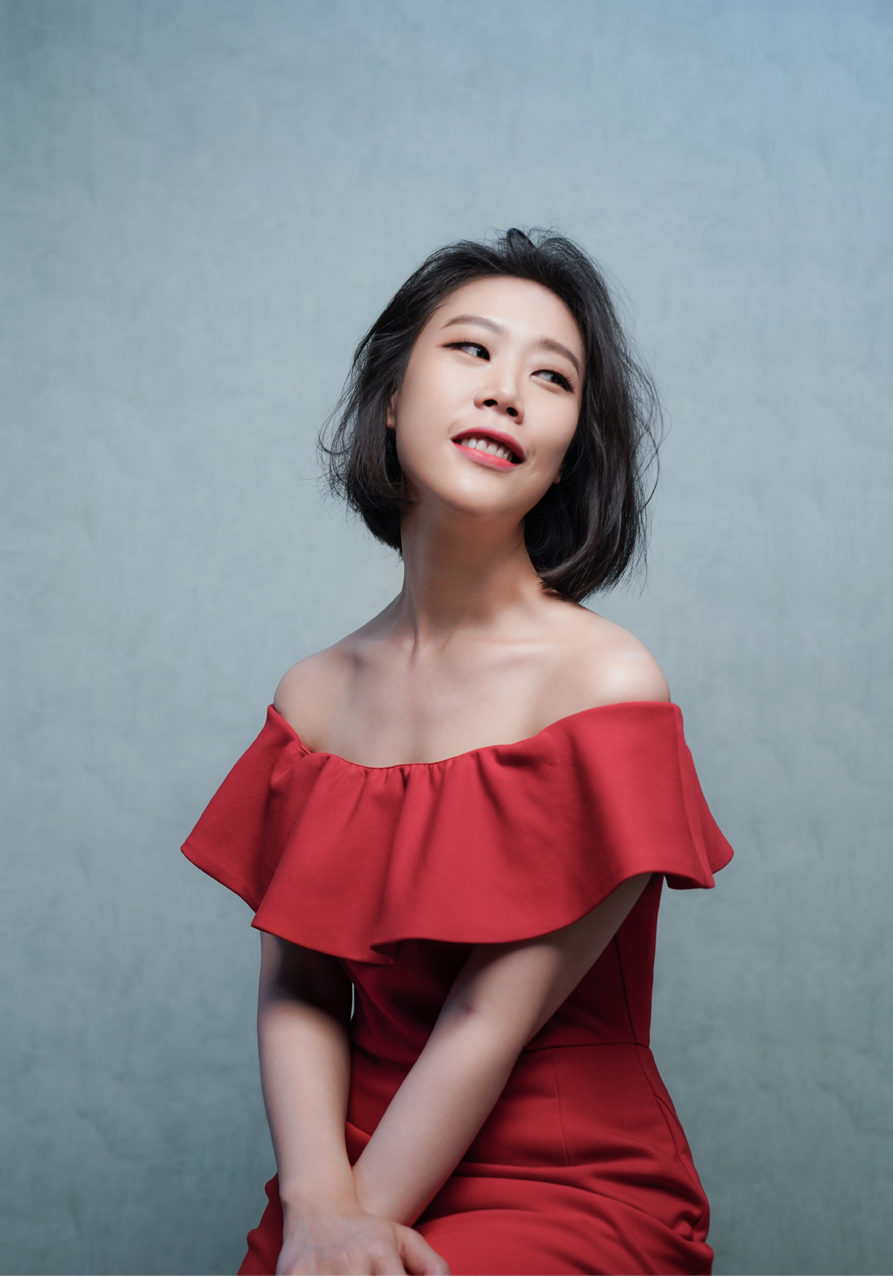
One notable aspect of her career is that she stayed in Korea for her studies until her age 20, rather than studying abroad as a kid, as many Koreans do. That’s something that Son embraces.
“Stability and diversity might sound mutually exclusive, but I think they often go hand in hand. My strong identity as a Korean has helped me respect and accept diverse cultures wherever I go.”
Son explains that Korea has endowed her with a sense of vocation. In turn, that vocation has motivated her to give back to the country that shaped her.
“I probably wouldn’t have agreed to direct ‘Music in PyeongChang’ if I weren’t Korean and from Gangwon-do Province.”
Son’s sense of vocation also helped her stick with her career in Europe, despite the challenge of being a Korean woman with few connections. As a foreigner both in and out (as per her ethnicity and Asian looks, and her homegrown talent or background having been raised domestically, respectively), she often felt unwanted.
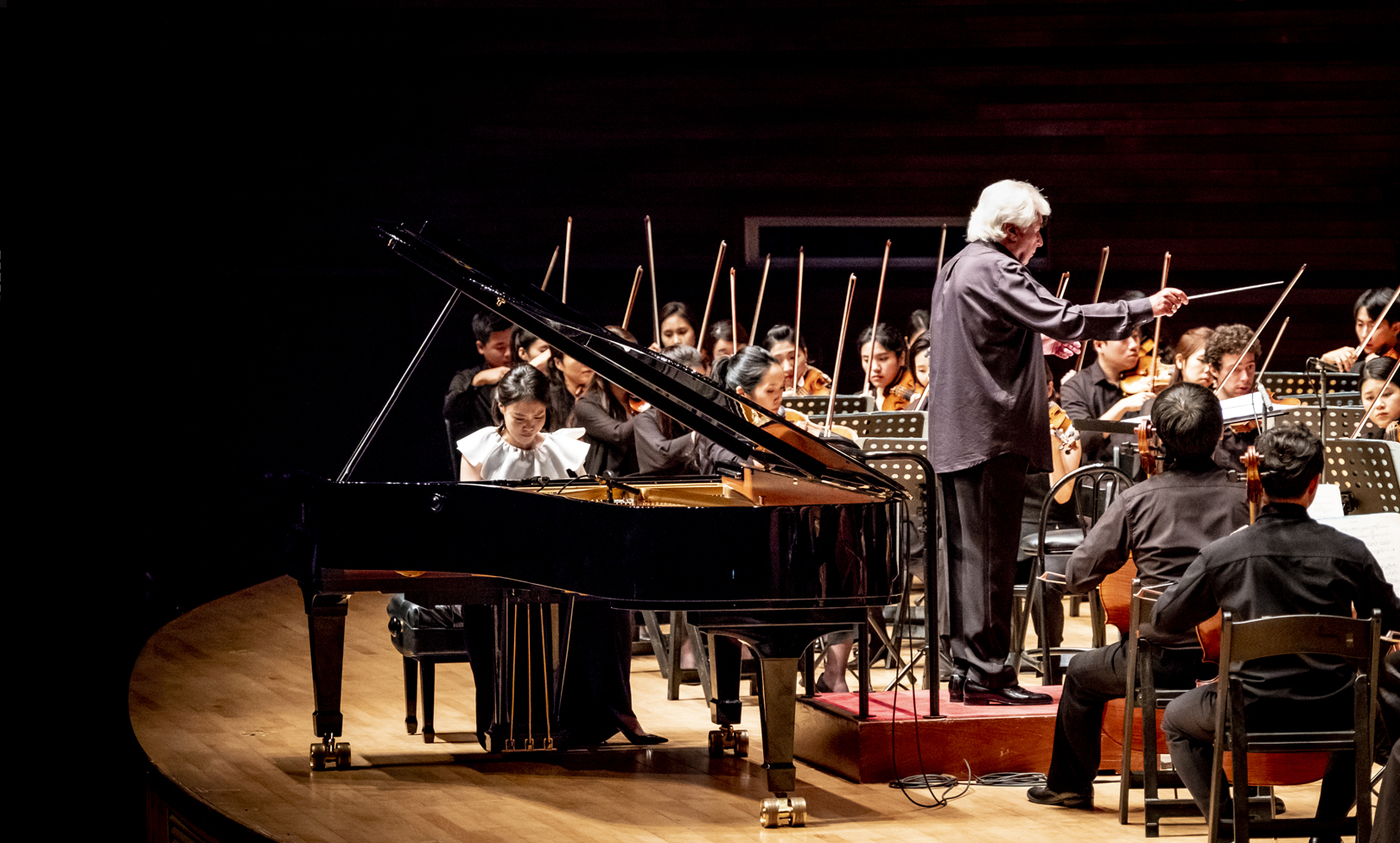 Prior to competing at the 2008 Beijing Olympics, the power pitcher practices with the national team that went on to win the gold medal. ©Holger Talinski
Prior to competing at the 2008 Beijing Olympics, the power pitcher practices with the national team that went on to win the gold medal. ©Holger Talinski
“But I thought that, if I just gave up, Koreans who come after me would struggle just as I had. I didn’t want to set a bad example.”
That same attitude convinced Son to accept an offer to judge the Ferruccio Busoni International Piano Competition, though she’d turned down previous offers to judge competitions.
“The director of the Busoni competition mentioned my prize at the International Tchaikovsky Competition in 2011 and shared how amazing it had been for me — a female pianist from the countryside — to show up by myself and take home a prize at a competition where the Russians always get first place. The director asked me to judge the competition with that same mindset, with tolerance and acceptance of everyone. That’s why I took the offer.”
Today, our lives are growing longer even as the trend cycle is growing shorter. That has prompted Son to ask some deep questions about art.
“Some people want to focus on art for a short time and then move on to something else. While there’s nothing wrong with that, I used to think art would be meaningless if people forget you after you’re gone. But since there’s so much to remember nowadays, I actually think that being forgotten might not be so bad.”
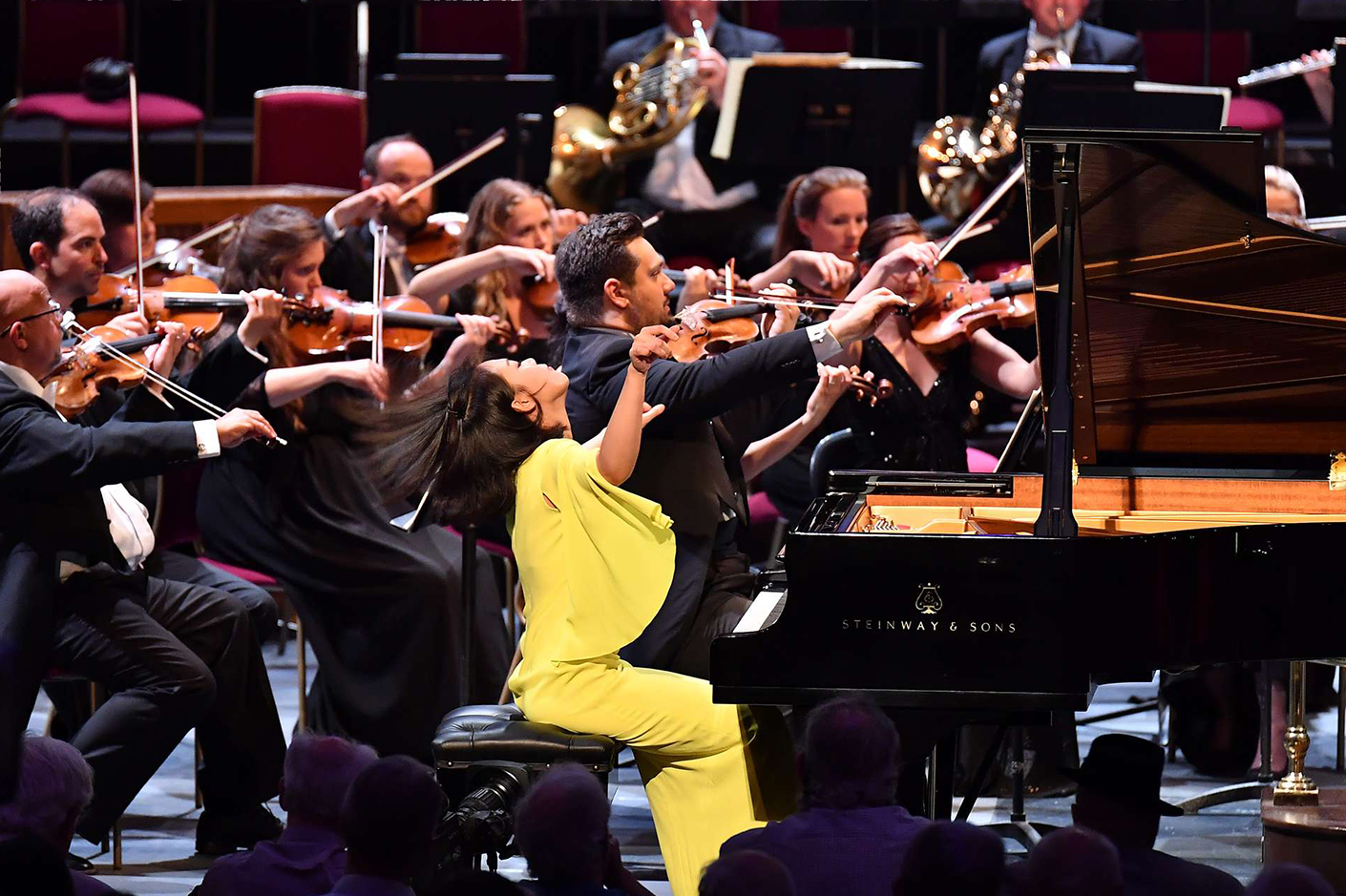 In 2019, Son performed with the BBC Philharmonic for the globally reckoned annual event, BBC Proms in London. © Chris Christodoulou
In 2019, Son performed with the BBC Philharmonic for the globally reckoned annual event, BBC Proms in London. © Chris Christodoulou
“Given the abundance of diversity nowadays, some doubt that there’s such a thing as objective value in art. At the same time, I’m not sure I buy the idea that just anything can be art.”
Reluctant to give out advice for fellow or fledgling artists, Son exudes humility in her aversion to rendering art as something she can be a judge of. “First, the ultimate value of our art won’t be determined until after we’re dead. Second, art isn’t about what’s good or bad, it’s about how things are different.” With such innate sensitivity for inclusivity, especially in the field she is active in, it is easy to imagine how positively her outlook and attitude has played out for her.
All of it in turn, translates to Son’s philosophy on how to be happy amid the rapidly changing values of modern times. Noting cautiously that approaches may vary by individual and hence, “I’m in no position to give concrete advice for those enduring what may feel like mercurial chaos,” she says, “Perhaps all we need to do to make the best of our living moments may be to strive to fulfill our vocation while pursuing our heart’s innate desires and of course, happiness.”
In fact, the precise philosophy also seems to inform Son’s plans for the future. “I just want to have the good fortune to help out where I’m needed and keep doing things that are meaningful and interesting both to myself and to others.” she said.
It will certainly be interesting to see what Son does next.